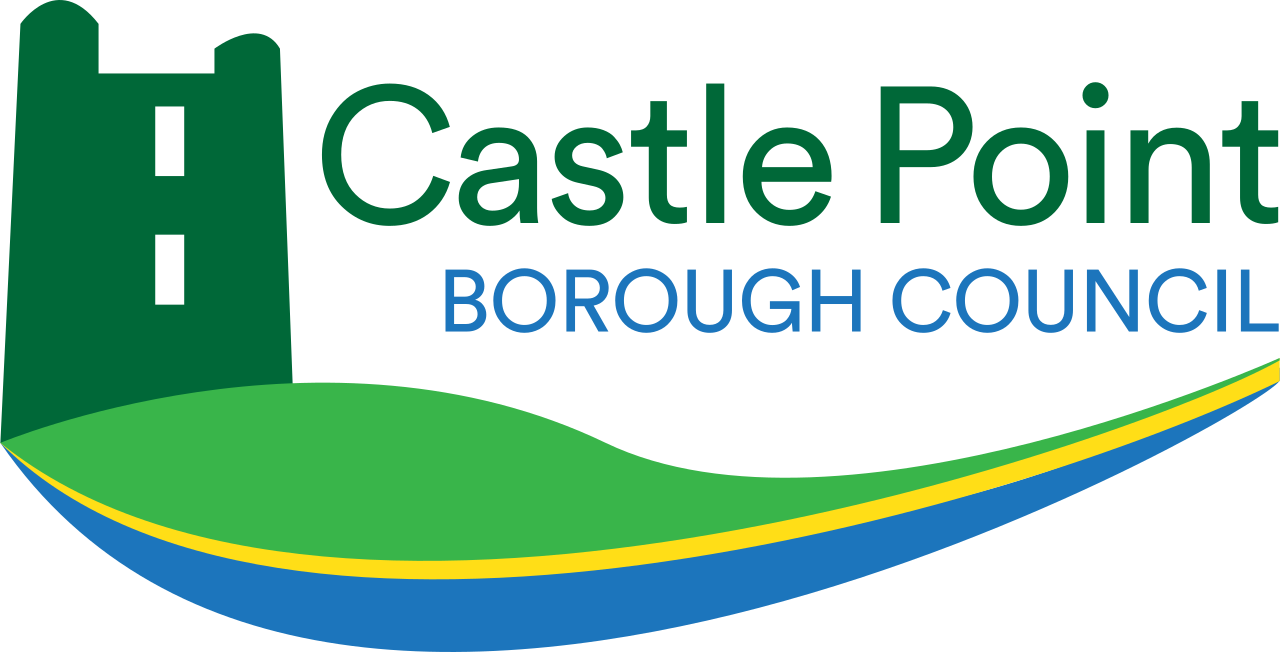All confirmed cases of food poisoning are notified to the Council. The Council carries out investigation into possible sources of and reasons for infection. All people for whom we receive a notification are sent a letter together with a questionnaire asking about foods consumed and activities undertaken prior to onset of illness. Investigations are carried out to establish a possible source to prevent others being affected and to determine if the law has been broken. Where the poisoning is thought to be due to unsafe food from a food premises within the Borough we investigate further.
If you or your Doctor thinks you have an infection linked to a particular food, shop or eating place, you should contact Environmental Health. Your Doctor should ask for a faecal specimen so that the exact type of bacteria can be identified. The Environmental Health Officer may need to investigate the source, in order to identify others who may be suffering, or to prevent others from becoming infected. They will also be able to offer advice on the specific type of food poisoning you have and how to manage it until you are well.
It should be noted that without formal confirmation of food poisoning, the council will be unable to take direct action against a food business regarding this type of unconfirmed allegation and we cannot become involved in claims for compensation. Even if we receive confirmation, the cause of an isolated incident is extremely difficult to prove.
Note: It is important to inform your Doctor and Environmental Health Officer (EHO) if you are:-
- A food handler whose work is connected with the preparation or handling of food or drink
- A health care or nursery member of staff or other staff member who has direct contact through serving food, with highly susceptible patients or persons to whom intestinal infection would have particularly serious consequences.
